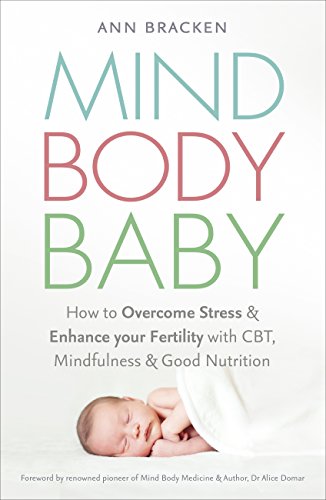D-I-Y nailcare (for everyday - and especially psoriasis sufferers)
Q. I have suffered with nail psoriasis most of my adult life, although I don’t have the skin condition. I had a nail removed and now it’s growing back very slowly and misshapen. Can you recommend an oil or cream to help? A. Psoriasis, with its hallmark patches of red scaly skin, affects one in 50 people – about half of whom are estimated to have nail psoriasis. Some people develop severe nail changes with only minimal skin problems, whereas in other cases, such as yours, psoriatic nail disease occurs alone.
Nail psoriasis is often misdiagnosed as a fungal nail infection, although the two can coexist. Finger- and toenails may develop tiny dents or pits, become discoloured and/or grow abnormally. Nails often become loose and separate from the nail bed. In severe cases, they may crumble.
Psoriasis is also linked to a form of arthritis known as psoriatic arthritis, where nail changes occur in about 80 per cent of sufferers. According to the charity PAPAA (the Psoriasis and Psoriatic Arthritis Alliance/www.papaa.org), nail psoriasis is difficult to treat: ‘A large number of treatments have been tried, none of which has given particularly good results.’
However, massaging a vitamin D cream or ointment (also used for skin psoriasis) into the cuticles twice daily for five minutes has shown success and should be regarded as the first choice of treatment, advises PAPAA. Prescription formulas can irritate skin and so should only be used in small amounts on affected areas – not on healthy skin. (Keep away from pets or children, as it is toxic if ingested.) Discuss this with your doctor.
 Research has shown that painting on the herb indigo naturalis (used in Chinese herbal medicine as qing dai) can help affected nails, with few side effects apart from staining. A 24-week study – with sufferers using either indigo naturalis extract in oil (Lindioil) or a vitamin D product (calcipotriol) – found significant improvements in users of the herbal product compared with calcipotriol. I can’t currently find a UK supplier of Lindioil; one option is to consult a registered Chinese herbal medicine practitioner via the Register of Chinese Herbal Medicine (www.rchm.co.uk).
Research has shown that painting on the herb indigo naturalis (used in Chinese herbal medicine as qing dai) can help affected nails, with few side effects apart from staining. A 24-week study – with sufferers using either indigo naturalis extract in oil (Lindioil) or a vitamin D product (calcipotriol) – found significant improvements in users of the herbal product compared with calcipotriol. I can’t currently find a UK supplier of Lindioil; one option is to consult a registered Chinese herbal medicine practitioner via the Register of Chinese Herbal Medicine (www.rchm.co.uk).
An over-the-counter product that may help is Herbfarmacy Nail & Cuticle Oil/£12.50, www.herbfarmacy.com). One reviewer says: ‘For anybody who suffers from nail psoriasis, buy this product – I cannot recommend it enough.’ It contains horsetail and calendula herbs, among other natural ingredients. Remember – re-growing your nails may take a year or more, so do be patient.
DIY TIPS FOR NAIL DISEASE
• Keep finger- and toenails short and dry.
• Wear gloves when washing up or doing any manual work.
• Nail varnish can be used to cover pitting but avoid false and gel nails.
• Do not use varnish remover with acetone, which can damage nails.
• Avoid the base of the nail during a manicure as it may cause infection.
• Consult a qualified podiatrist about painful toenail psoriasis (www.scpod.org).
• Information from www.patient.info/health
THREE OF THE BEST ON-THE-GO BUYS
Compeed Blister Plasters/£4.39 for a mixed pack of five, www.boots.com). Don’t go anywhere without these tucked into your bag.
Teeny BKR 250ml Glass Water Bottle/£20, www.mybkr.co.uk). Plastic bottles can leach harmful chemicals so instead use one of these lightweight and stylishbottles – in four colour options.
Calf Flexors/£9.99, www.globalhealthshop.com). Air ambulance pilot Mike Allen designed these exercise sandals – recommended by British Airways – after his aunt died from deep vein thrombosis following a flight.
 BOOK OF THE WEEK: Mind Body Baby by Ann Bracken (Hodder & Stoughton General Division/£14.99*)
BOOK OF THE WEEK: Mind Body Baby by Ann Bracken (Hodder & Stoughton General Division/£14.99*)
One in six couples experience fertility issues. Stress can be a key factor, says author Ann Bracken. YOU reviewer Laura Bond (www.laura-bond.com) found it a ‘comprehensive, compassionate guide for couples hoping to get pregnant. It offers scientifically proven ways to reduce stress and optimise fertility – including mindfulness meditation and nutritional advice from Dr Marilyn Glenville.

